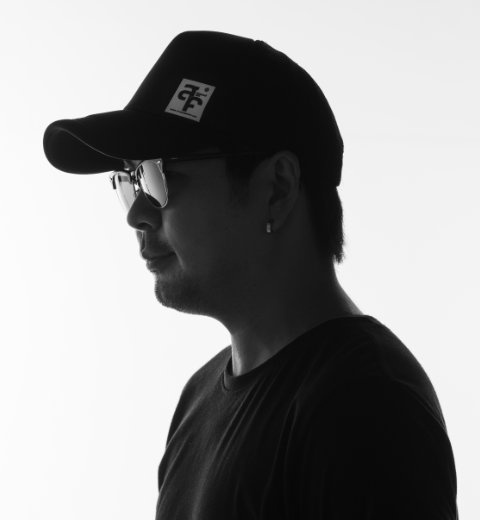Interview with Tul Hirunyalawan, photographer and Leica Ambassador for Thailand
This year, nominators composed of photography experts from over forty countries have submitted their proposals for the Leica Oskar Barnack Award (LOBA). From these recommendations, the five-member LOBA jury will soon compile a shortlist for the LOBA 2021. The diversity of the nominators is also reflected in the respective proposals from the international field of applicants. Among the nominators this year is the photo artist Tul Hirunyalawan from Thailand, who offers insight into his view of photography.
What is special about the LOBA from your point of view?
To the person who loves taking pictures and the people who love to see photographs, LOBA is the global stage for photographers to show their potential. Every year when I see the LOBA photographs, I am so thrilled that I really want to grab my camera and take pictures too. It’s a very special feeling.
“If I were to make a comparison, LOBA photographers would be like the passionate athletes at the Olympic Games, who are ready to perform for the world with their best abilities, while the audiences are looking forward to the best performances as well.”
What is your personal relationship to Leica and Leica cameras?
I started shooting with a Leica M6 when I was 20, back in the year 2000. From that day on, I’ve been constantly using a Leica. In 2017, I became Leica Ambassador for Thailand and started the School of Photographic Arts Sungkrogsang. In addition, I am a Photography Professor, lecturing at five leading universities in Thailand. To me, Leica is not just a piece of equipment to take photos, it has become an additional organ. No day goes by without my camera; it has become a part of my life.
What would you advise young photographers to do in order to become visible in the world of photography?
I would say: keep on taking photos; never stop. The camera is a piece of equipment for recording moments that happen in our lives. A photo is a product that portrays “the frozen moment”, according to our tastes and perspectives. When you see the beauty emerge in the world, just grab your camera, go out and record that moment of beauty, in any way you believe in; and keep on doing this.
“My interest lies more in the idea a person has about the world, than in their photographic techniques.”
How have you experienced the changes in the last year?
Covid-19 restrains us from going out to places and producing pictures. In the meantime, however, I think it’s a great opportunity we have to pause and review our old work. On the one hand it’s like a time to recharge us as photographers; on the other, it’s a time when nature gets to have some rest from humanity. After this, the world will be more spectacular, waiting for us to once again see and record it with the camera.
What has changed in your personal field of work?
I think we should try to see the world with a positive attitude and learn to coexist with this pandemic crisis. I picked up my analogue camera, took black and white photos and developed them in a darkroom, which I hadn’t done for 10 years. I was very happy. It is like, you lose something for a while, then when you find it again you have greater skill, knowledge and expertise.
What are your wishes and hopes for photography in the future?
There is nothing to be worried about. We are assigned to learn and adapt to all changes. If possible, I just want Leica M and M lenses to have autofocus systems, as this would remove the fear that I might not be able to focus the photo clearly when I get old.
Thank you very much for your time.

Tul Hirunyalawan
Tul Hirunyalawan was born in Bangkok, Thailand, in 1980. In 2017 he became Leica Ambassador for Thailand and since 2017 is Vice President of The Royal Photographic Society of Thailand. He teaches photography at several universities in Thailand. He has exhibited regularly in Bangkok since 2003, and is a jury member for various photography competitions.